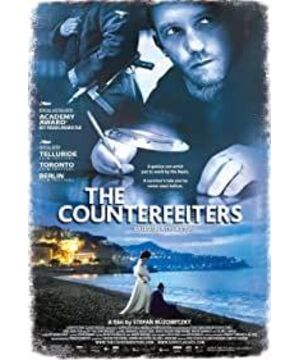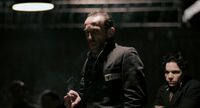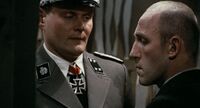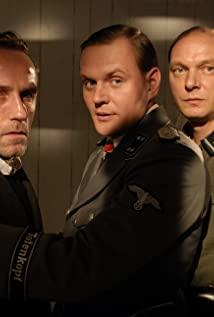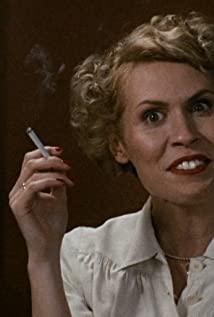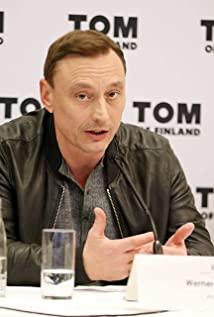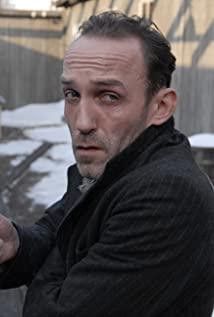The film uses flashbacks to describe the experience of the counterfeit banknote maker Salomon in the Nazi concentration camps. This story of surreptitious living allows us to see the brilliance and naked humanity at the same time.
The structure of the film is a bit like "Shawshank's Redemption". It was also innocent and inexplicably fell into prison, also because of his skill and ability to escape the pain of labor and survived, and also finally left the prison to get a new life. However, these are two completely different films. "Shawshank" is more of a brilliant halo of personal heroism, a typical American style. However, "Counterfeit Banknote Maker" does not have a brilliant protagonist. The protagonist is not as cool as Andy. He is always trembling and fearful at all times. He does not have lofty ideals and firm beliefs. He just wants to survive, just to survive. drag on. He is really a small person. It is only in that era of high pressure that the little people have that kind of human brilliance.
When he first entered the concentration camp, he had the same fears as others. When someone was shot and killed by an officer behind him, his response was to work harder to avoid being killed. However, he still said, "I have nothing but dignity here." He is still strong, and he still does not abandon his dignity. He tried to use his only skill—painting—to get a chance of survival. Fortunately, he succeeded.
The film's description of the prison is very different from "Shawshank." In "Shawshank", the prison seems to be warm and always full of sunshine. Although there are routine harsh reprimands and kicks, some people cannot accept life outside the prison on the day of their sentence. But the prison in "Counterfeit Banknote Maker" is cruel and cold. It is not as simple as reprimanding and beatings here. Some people may be killed here at any time, and if they die, they will die without anyone paying attention. There is no library here without time to let go, there is only high pressure and endless fear. Therefore, when Salomon and other companions came to the new concentration camp dedicated to them, those soft beds and new sheets seemed to be infinitely tempting for them. Even when they were sent to take a bath, some people thought they had entered the gas. Room. Everyone knows that they are just a tool of the military. Their task is to make counterfeit money. After the war, their fate is to be wiped out. But despite this, people are still satisfied with life, "Anyway, you can live in a soft bed. One more sleep day is one day", this is their creed.
The director’s shots did not evade blood and gore. The bruised and bruised body and the bloody face were truly recorded by the lens, without any whitewashing or processing. The director used a large number of long lenses and portable cameras to try to restore the history. The truth of the film gave the film a little more documentary flavor.
What is human nature like? What is true humanity? This is the question that the director intends to answer. Real humanity is not great humanity. Human nature itself may not be great or even ugly, but it is true enough. A young man in the concentration camp hoped to disrupt the manufacture of counterfeit banknotes in order to achieve the goal of obstructing the Nazi plan, but the consequence of this move was that these people who made counterfeit banknotes had to be sacrificed, because once the counterfeit banknotes were not handed over on time, their fate would be Obviously. Yes, this is great, sacrificing the individual to complete the spirit of revolutionary sacrifice for the greater self. However, it is a difficult choice whether other people live by themselves or die by themselves. Salomon made the choice, he chose the latter, he couldn't let these companions die, or he couldn't let himself be the burial object of a patriotic act. I believe this is a choice loyal to human nature. Sacrifice cannot be said to be part of human nature, but at least it is not the most true and lowest level of human nature. Human nature is always built on the basis of survival. The director revealed this nakedly, he abandoned heroes, we don't want to be heroes, we want to live. This is the director's answer. This is true human nature.
As a result, Salomon made remedial measures and was successful. He not only saved everyone's lives, but also did not act as a traitor to confess others' actions. Although not noble enough, it is practical enough.
In the end, the war was over, this group of Jews were liberated, and it was the other people who survived the concentration camp that liberated them. They were scarred, they were not human-shaped, they could not even be distinguished from their companions, and they had burned their eyes with their guns. People in the liberation camp saw the phonograph, and they got unprecedented satisfaction in the music. But in other places in the concentration camp, there are corpses everywhere, and there is no expression on people's faces like a living corpse. This is war, naked blood and naked cruelty.
The Germans always face history squarely. They look back at the years of war with an honest and critical eye. They don't avoid the crimes they committed. This is a gesture, a gesture of sincere understanding. Such a somewhat dark and obscure movie will not feel heavy after watching it, on the contrary it is full of warmth and moving. The director showed real war and real humanity, and the most moving things are precisely the most real things.
Article quoted from:
View more about The Counterfeiters reviews


